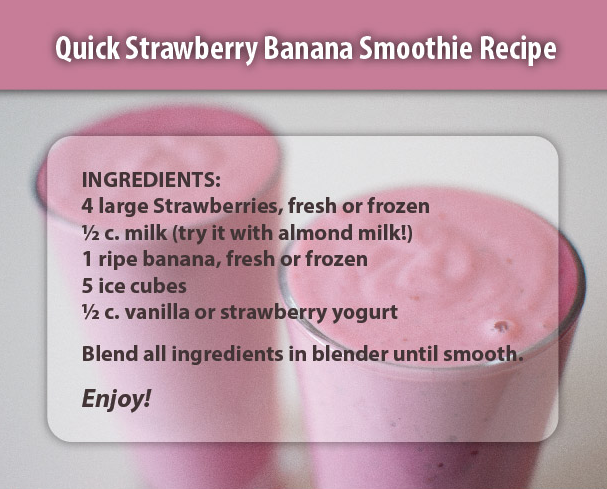
Drink More.
It’s important to increase fluid intake when you are vomiting or have diarrhea. Seniors should aim to get one cup of fluid every hour. Drink slowly, since too much at once could worsen vomiting. Frozen popsicles or chicken rice or chicken noodle soup are a good way to get in fluids if you don’t feel like drinking.
Drink Wisely.
When you have diarrhea, drinking more water may not be enough. You’re losing important minerals and electrolytes that water can’t supply. Seniors can use oral rehydration solutions or diluted juices, diluted sports drinks, clear broth, or decaffeinated tea. Opt for a popular ginger soda or tea that contains real ginger, not just ginger-sugar flavoring to help when you have a queasy stomach. Sugary, carbonated, caffeinated, or alcoholic drinks can make diarrhea worse, so be sure to dilute sugary beverages if you drink them.
Eat Other Foods Besides Bland Foods.
The old advice was to stick with a liquid diet for a few days and then to add in bland foods, such as the BRAT diet of bananas, rice, applesauce, and toast. That’s fine for the first day or so of stomach flu. However, doctors say that you should return to your normal diet as soon as you feel up to it. BRAT foods aren’t bad. They just don’t provide the fat and protein that you need. Sticking with them too long could actually slow your recovery.
Get The Right Nutrients.
Look for foods with potassium (such as potatoes, bananas, and fruit juices), salt (such as pretzels and soup), and yogurt with active bacterial cultures. Even a little fat could help, because it slows down digestion and may reduce diarrhea. If you feel up to it, add a pat of margarine or some lean meat to your next meal.
Rest.
Give your body time to recover.
